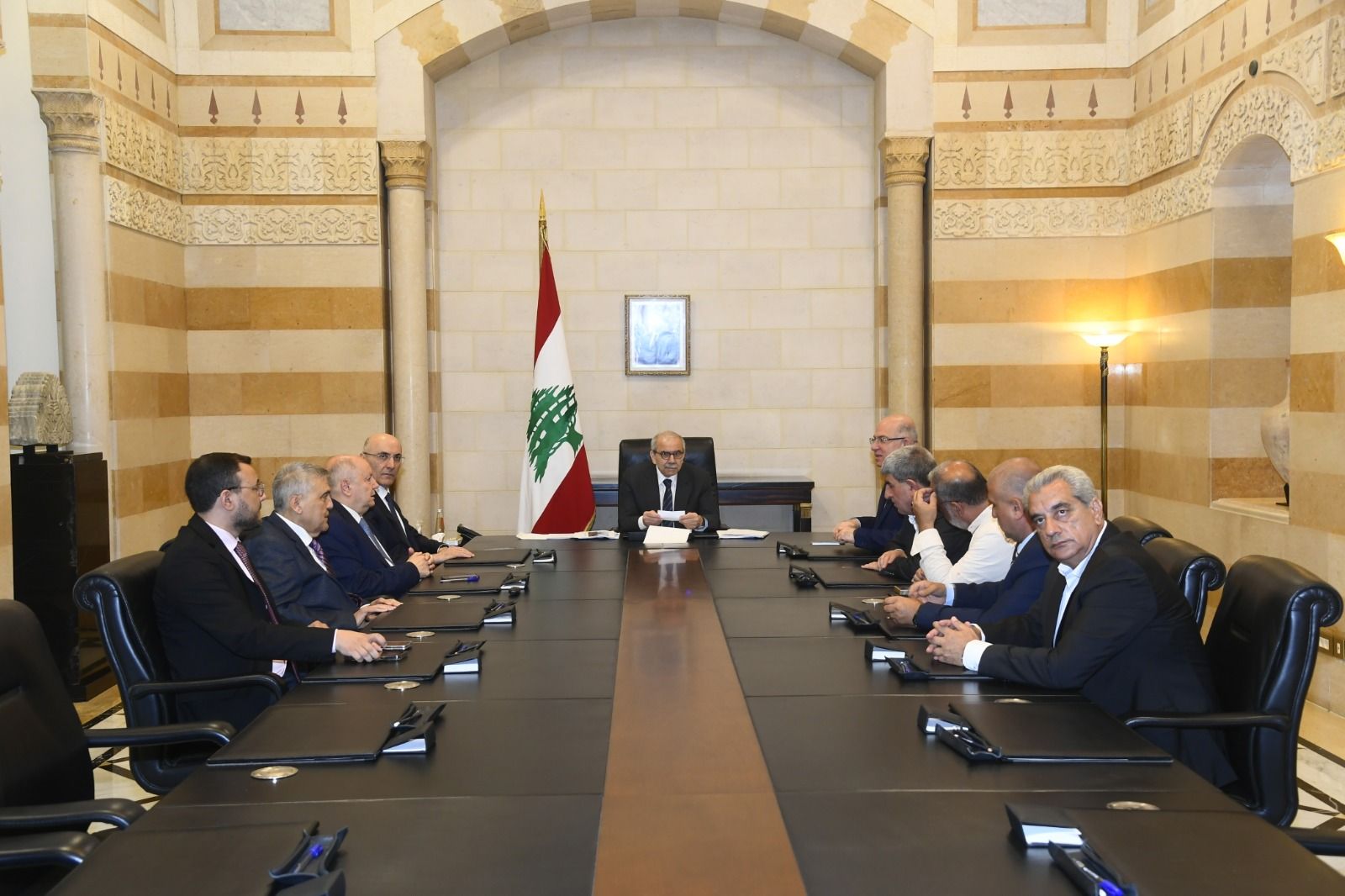
Lebanon’s land‑transport unions have suspended the nationwide strike planned for Thursday after a tentative agreement from the government to cushion spiralling fuel costs and extend public‑sector pay rises.
Following a two‑hour meeting at the Government Palace chaired by Prime Minister Nawaf Salam, Minister of Labor Mohammad Haidar announced that “an agreement was reached to support the transport sector or exempt it from fees,” adding that a follow‑up session with the Ministries of Finance and Interior would “begin implementing the Traffic Law” to protect licensed drivers.
Bassam Tleis, who heads the joint land‑transport unions, confirmed the truce but warned that “our meetings will remain open” while authorities translate promises into action. Transport leaders are pressing either for a direct subsidy or for fuel‑tax exemptions that would let public fares “stay as they are,” Tleis said.
The unions’ escalation was triggered by last week’s surprise fuel‑price jump, which pushed 95‑octane gasoline to LBP 1.489 million per 20 liters and diesel to LBP 1.393 million, despite a 17% slide in global oil prices since February. The cabinet said the surcharge will finance fresh allowances of LBP 14 million for active‑duty soldiers and LBP 12 million for military retirees.
Critics call the move regressive. “The government keeps hitting citizens with new burdens, as if there’s no limit to what it can push on them,” Tleis said earlier. Bread prices remain capped thanks to World Bank wheat subsidies, but transport, generator and grocery bills have all surged during a three‑year currency collapse that has erased household purchasing power.
General Labor Union chief Bechara al‑Asmar hailed Wednesday’s deal as “a step toward greater comprehensiveness,” noting that civilian retirees excluded from last month’s pay package are now back on the table. The parties also agreed to hunt “new revenues from customs and maritime properties” rather than rely solely on fuel levies.
With the summer tourism season approaching, political and union leaders alike stressed the need to avoid street paralysis. “Security, stability and the country’s tourism future concern us all,” Tleis said, pledging vigilance while drivers await concrete relief.



Comments